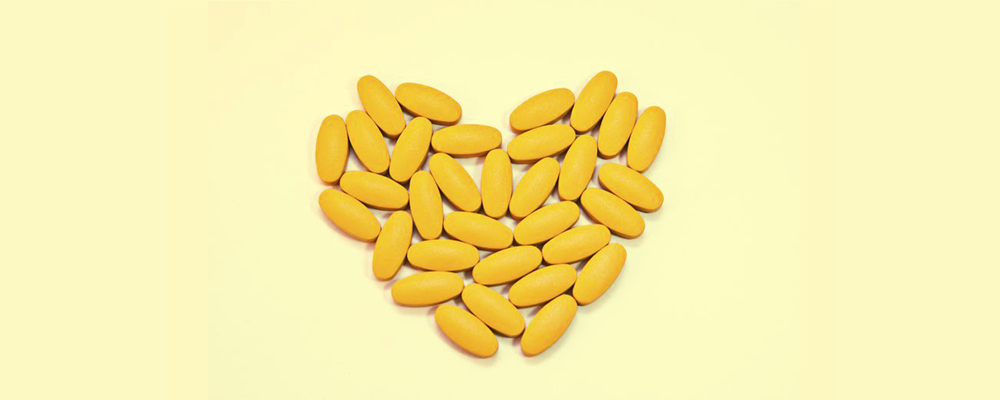Supplements for lowering cholesterol

- There are many pharmacologic therapies to treat dyslipidemia, including HMG-CoA reductase inhibitors or statins, cholesterol absorption inhibitors, niacin, bile acid sequestrants, fibrates, and omega-3 fatty acids; however, statins are the mainstay of treatment. About 34% of adults in the U.S. are using some form of complementary and alternative medicine (CAM). Cholesterol is included as one of the top 10 conditions for which adults are using CAM.11 Fish oil and garlic, two supplements commonly used for the reduction of high cholesterol, were among the top 10 most frequently used natural products.
- Artichoke extract – May reduce total cholesterol and LDL, cholesterol, May cause gas or an allergic reaction, especially in those who are allergic to ragweed.
- Barley – May reduce total cholesterol and LDL cholesterol. Generally well-tolerated; might cause an allergic reaction.
- Blond psyllium (found in seed husk and products such as Metamucil) – May reduce total cholesterol and LDL cholesterol, May cause gas, stomach pain, diarrhea, constipation or nausea; can reduce absorption of some nutrients, such as iron.
- Garlic contains the amino acid alliin. When crushed, alliin is converted to allicin, a substance that inhibits cholesterol synthesis; however, clinical studies have demonstrated inconsistent results. Studies have shown variable results with no benefit to little benefit. This effect was seen if garlic was taken for at least 2 months. Furthermore, the benefits of garlic on cholesterol may be short-term, and no significant benefit after 6 months.
- Fish oil (found as a liquid oil and in oil-filled capsules) – May reduce triglycerides, May cause a fishy aftertaste, bad breath, gas, nausea, vomiting or diarrhea; may interact with some blood-thinning medications, such as warfarin (Coumadin, Jantoven)
- Green tea or green tea extract – May lower LDL cholesterol and triglycerides, May cause nausea, vomiting, gas or diarrhea; may interact with blood-thinning medications, such as warfarin (Coumadin, Jantoven)
- Niacin – May lower LDL cholesterol and improve HDL, May cause headache, nausea, vomiting, itching and flushing, which are more common at prescription levels
- Oat bran (found in oatmeal and whole oats) – May reduce total cholesterol and LDL cholesterol, May cause gas or bloating
Soy protein (found in soy milk, tofu, textured soy protein) as a substitute for other high-fat protein sources, May reduce LDL, May cause constipation, diarrhea, bloating, nausea and allergic reactions. - Popular cholesterol-lowering supplement is red yeast rice. However, the Food and Drug Administration has warned that red yeast rice products could contain a naturally occurring form of the prescription medication known as lovastatin. Because red yeast rice extract contains lovastatin, it can cause the same side effects as chemically created statins. These side effects include higher than normal liver function test results and muscle weakness (myopathy). Because the extract contains less lovastatin than prescription statins do, side effects are less common with the extract.
- Plant stanols as another nonprescription way to help lower LDL cholesterol levels. Unlike statins and red yeast rice extract, which prevent the body from making cholesterol, plant stanols keep the body from absorbing cholesterol. CholestOff is a capsule form of plant stanols. You can buy it over the counter at many stores. Taking red yeast rice extract and plant stanols together is an effective way to lower LDL cholesterol levels because the supplements work together to fight cholesterol in two different ways. However, these supplements require monitoring of liver function test, thyroid function and kidney function, and eosinophils which can be affected with these medications.
- Despite making healthy lifestyle choices and taking cholesterol-lowering products /supplements, you still need help lowering your cholesterol levels. Make appointment with a cardiologist to assess or cardiac risk (link) to evaluate if you need medication to reduce your cholesterol.
- Be sure to tell your doctor if you decide to take a supplement. The supplement you choose might interact with other medications you take.
- 2018 AHA/ACC/AACVPR/AAPA/ABC/ACPM/ADA/AGS/ APhA/ASPC/NLA/PCNA Guideline on the Management of Blood Cholesterol: A Report of the American College of Cardiology Foundation/American Heart Association Task Force on Clinical Practice Guidelines. J Am Coll Cardiol 2018;Nov 10.
- Emily M. Ambizas, PharmD, MPH, CGP Associate Clinical Professor St. John’s University College of Pharmacy & Health Sciences Queens, New York Clinical Specialist, Rite Aid Pharmacy Whitestone, New York US Pharm. 2017;42(2):8-11.
- OTC Supplements for the Management of High Cholesterol
0

